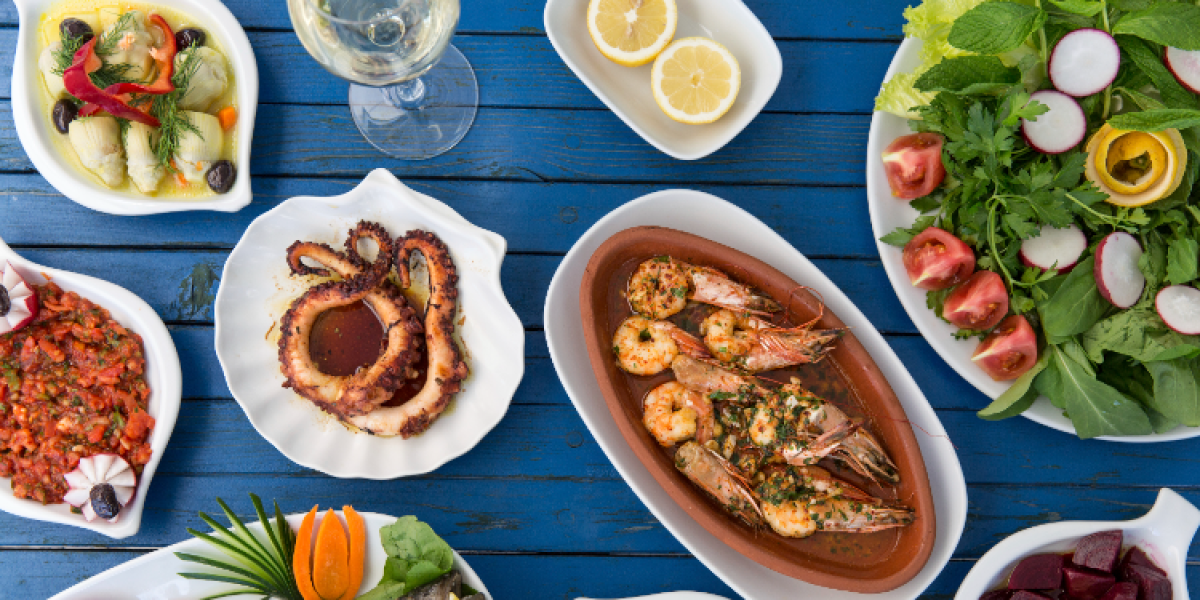
A magnificent way of getting acquainted with a city's culture is to taste its food! We recommend you be open-minded about Porto's traditional dishes since some of them may sound a bit too heavy and odd at first. However, once you give them a chance, you will understand what all the fuss is about, so be prepared for a lot of fun during your culinary adventures in Porto!
Sweets and desserts in Porto
Let's start things off with the easy part: the sweets! There are a number of traditional Portuguese pastries and desserts that can be easily found in Porto. Besides the world-famous Pastel de Nata (egg custard tart), most Portuguese bakeries (the best places to try local sweets) also offer Jesuítas, Fatias do Freixo or Napoleão, among a vast array of other delicacies you are unlikely to find anywhere else! In fact, nothing screams “Portugal” quite like an egg-based sweet. Turns out, priests and friars were the ones to come up with most traditional Portuguese desserts, usually prepared inside the convents for special occasions and religious celebrations. As egg whites were extensively used to keep white attire properly starched and as a fining agent in winemaking, priests were often left with an overwhelming abundance of egg yolks. Well, according to legend, that's the reason why almost every traditional Portuguese sweet contains egg yolk – and trying some of these is a must!
On the other hand, if you have dessert at a local restaurant, you are most likely to be treated to a standard international staple, such as chocolate mousse, biscuit cake or ice cream. However, if you know where to look, there are also a few Portuguese desserts you can try, such as Pudim de Abade Priscos (a pudding made with pork lard), Natas do Céu (a layered dessert made with egg custard, whipped cream and cookie crumble) or Baba de Camelo (a caramel mousse made with condensed milk).
Popular dishes in Porto
Now for the tough part. Have you ever imagined eating a pig's bowels? If it sounds crazy, it is because you have probably never heard of Tripas à Moda do Porto, a dish that can actually help you learn more about the city! During the Age of Discoveries, when planning the Conquest of Ceuta back in 1415, João I of Portugal asked the city of Porto to help the war effort. Understanding the importance of such a battle, the people decided they would donate every single piece of meat available to the war effort, keeping nothing but the offal. Well, after putting their imagination to the test, locals ended up creating this beautiful and flavorful dish, which stands to this day as a staple of the city's cuisine. Do you feel like tasting some pork tripe already? Cooked in a thick, hearty white bean stew, this is an odd one you must try!
But perhaps no other dish is more representative of Porto than the Francesinha (meaning Little French Women), an inventive adaptation of the French croque-monsieur (thus the name) that comes in the form of a giant sandwich filled with all kinds of smoked meats, covered with a thick layer of melting cheese and drizzled in spicy, hot sauce. It is known to be a challenge for most visitors, as the Francesinha is an extremely heavy dish, not suited for everyone's preferences! It consistently features in rankings of the best and most iconic sandwiches in the world… though nobody in Porto would dare call this a “sandwich”!
Last but not least, if you are planning on moving to Porto, you'll like to know that just a few kilometers away, in the district of Matosinhos, you will find the best fish in the entire country! The offer is endless: octopus, sardines, horse mackerel, seafood and, of course, the country's eternal favorite: codfish!
The best restaurants in Porto
Although there are quite a few fine dining options and more modern establishments, some of the city's most celebrated restaurants have actually been around for a while. We're talking about the likes of Cervejaria Brasão, Cufra or My Palace, where plenty of locals gather for some good, honest food. In the specific case of the Francesinha, and though all of the aforementioned options actually offer this dish, we recommend trying the city's most prominent dish at Café Santiago, Yuko, Bufete Fase, Francesinha Café, Lado B and O Afonso (visited by none other than the legendary Anthony Bourdain).
Moving on to Matosinhos, lovers of seafood will find themselves spoiled for choice in this district of the city, with the likes of Mauritânia, Marisqueira de Matosinhos and Marisqueira dos Pobres all providing great dining experiences. Still in Matosinhos, there's a lot of great fish to try in places such as O Gaveto, Tito 2, Lage Senhor do Padrão or Meia-Nau.
Other extremely famous places in the city include Gazela (for hot dogs), Casa Guedes (for pork shank sandwiches), A Badalhoca (for cured ham sandwiches), O Astro (for “bifanas” – shredded pork leg sandwiches), Casa Expresso (for “rojões” – pork cuts fried in lard), O Antunes (roast veal), Adega Vila Meã (traditional Portuguese food), Adega São Nicolau (for cod) and Taberna Santo António (for Cozido à Portuguesa – a stew of boiled and cured meats)
We do our best to provide accurate and up to date information. However, if you have noticed any inaccuracies in this article, please let us know in the comments section below.








